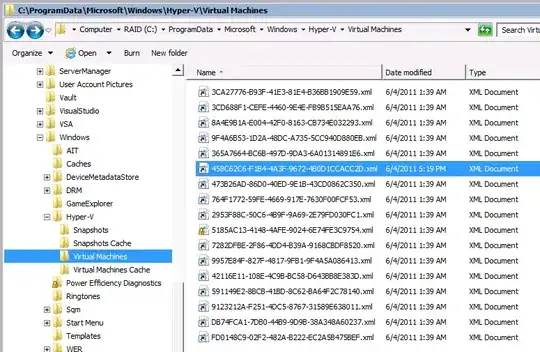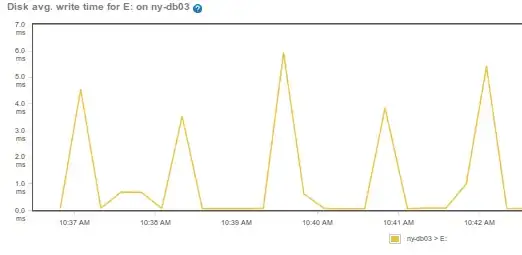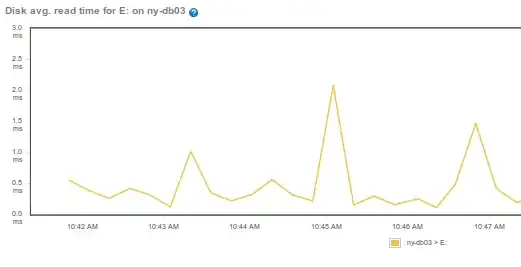Writes with SSDs are a bit of a Red Herring
Compared to traditional disk, dollar per IO is going to be much better regardless of TRIM given a random and not sequential pattern (and eventually IO activity seems to always become random). Although write heavy environments combined with SSDs and TRIM support is a concern, I think it is a bit of a red herring. I would shift your attention to reliability. This is because lots of SSD failures, from what I have seen, happen before writes should be killing drives. This could be firmware edge cases, problems with the chips. For Example, recently:

You could geek out with SSD and storage experts for days on the topic, but what it comes down to is that SSDs are still a relatively new technology -- not bleeding edge, but new. The technology is evolving quickly, which means that there really isn't much data yet on the failure rate. By the time there is data, you are already on the next generation. Also some other parts of the stack such as filesystems and disk schedulers might not be perfected yet when it comes to SSDs.
Tom's Hardware did a pretty good study on SSD reliability and concluded:
"The only definitive conclusion we can reach right now is that you should take any claim of reliability from an SSD vendor with a grain of salt."
So what most people are doing is just guessing.
Ultra-Violence
This means that SSDs are for the courageous, if you are not capable of using storage in Ultra-Violence or Nightmare! mode, you should stay likely stay with disk. As always, the technology should reflect the business -- at Stack Exchange we went with SSDs because we are performance junkies and don't need the uptime / risk mitigation of a global bank. So, if you do decide to use them, what does this mean to a sysadmin?
- Have cold spares. Have replacement drives in your rack ready to replace drives (one nice thing about SSDs is a nice rebuild rate)
- Monitor all your arrays. You should get alerts as soon as a drive fails
- Have a lot of redundancy set up and be prepared for failure
- Make sure your backups are working
In the end just be aware of what you are getting into, and be prepared. The performance is going to kick ass from my experience with or without trim. Since we have had those SSDs in our DB server around that time of the blog post (Raid 10 6 disks), here is what performance looks like for us today without TRIM and with 100-800 Transfer/s:




